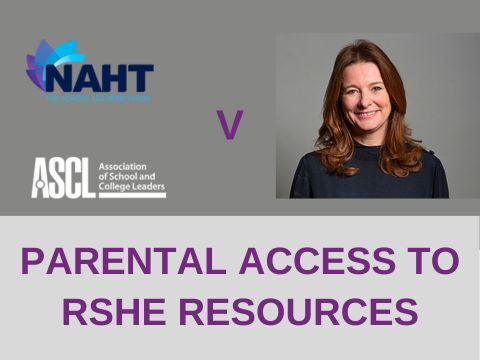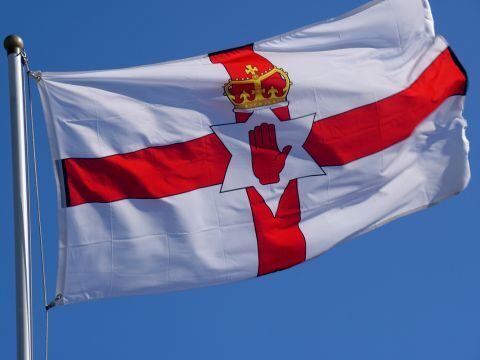

This is the title of a recent Panorama programme, which investigated the hidden world of child sexual abuse when it is perpetrated by another child. Known as peer-on-peer abuse, it is happening in classrooms and on the playgrounds of schools (often primary) up and down the country. Is this a new phenomenon, or are we simply becoming more aware of a problem that has always been there?
Freedom of Information requests sent to all UK police forces by the BBC, requesting figures for the number of sexual offences recorded by the police during the years 2012-2015, showed that more than 5,500 sex crimes were alleged in schools. About a fifth of them were carried out by children on their peers. In some cases, both victim and perpetrator were only five years old. One Chief Constable thought that this was probably only the tip of the iceberg and his concerns were well grounded – the figures rose dramatically during 2016, with about one third of cases due to peer abuse.
So why is this happening? Anne Longfield, the Children’s Commissioner for England, suggests that schools should be more aware of abuse on their premises. A parliamentary enquiry last year acknowledged the seriousness of the problem and the need for parents to be supported. The government’s response has been to make Relationships and Sex Education compulsory. But it isn’t a problem that is just down to schools to solve, and it certainly isn’t the fault of schools that this is happening. It’s a social evil and it will take a transformed society to resolve it.
According to one charity, easy access to online pornography is to blame, as children become sexualised at ever younger ages and porn normalises fantasy sex in their thinking. Writing in the TES recently, one teacher gave graphic evidence of the widespread belief of many girls that sexual commodification of them by men was normal.
Further shocking evidence was uncovered last week in an investigation which showed that children, some of them very young, are involved in explicit sexual activity online, thinking that they are experimenting in safety. In reality, they are being groomed by predators who are able to find out their exact location. Unaware of the danger, many children have no understanding of the internet existing as a reality in time and space.
So what can parents do? It’s important to talk to your children about the issue. Make sure they understand that everything they post, or do, online is real and that somebody can look at it. Use high quality child protection on your home computer and make sure you know what their friends are posting online. If your child becomes evasive or you know that their friends are sexting, take action. Tell the parents of your child’s friends and if it continues, report it to the police. Don’t succumb to your child’s protestations about lost friendships – their long-term welfare is far more important and if their friends’ parents aren’t vigilant in their protection of their own children, yours are left vulnerable through their friendships.
If your child is touched inappropriately or abused in school, report it. Every school has a duty of care and a legal responsibility for the safeguarding of children, so report it and insist that something is done. Don’t accept any explanation which tries to pass it off as ‘just banter’. If nothing happens, report it to the police and follow up your report by asking what is being done.
In a knee-jerk reaction to the statistics, Schools Minister Nick Gibb last week said that new rules are to be rushed in to stop boys who sexually abuse other children from being allowed back into the same classroom. It’s not only unworkable for many schools, it also fails to acknowledge that this is not always a problem caused by boys. Both boys and girls can be victims.
Being proactive may seem draconian, but once stolen, your child’s innocence can’t be restored. You cannot protect your child for every moment of every day, but take precautions online, talk to your child and hold your child’s school to account if something goes wrong. Secrecy is the stock in trade of abusers, so don’t let them keep their secrets and don’t accept that this is simply kids being kids. Speak out, for the sake of all of our children.
Gill Robins – Christians in Education






